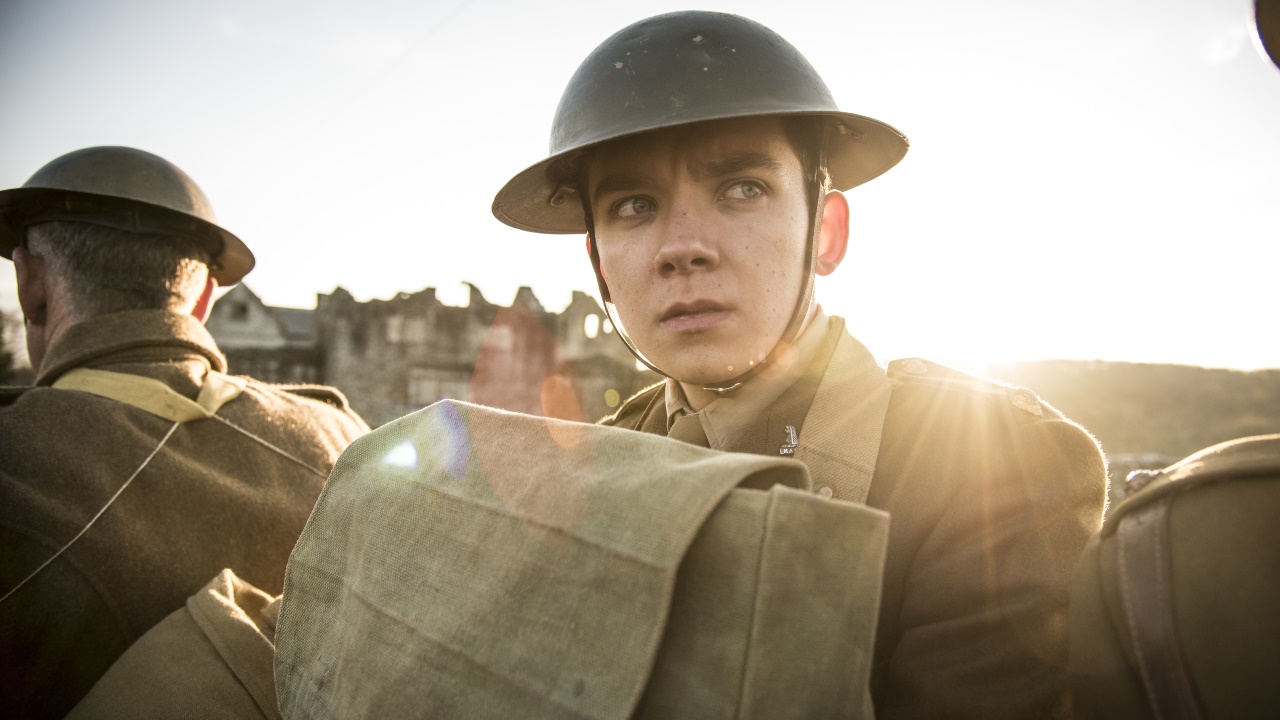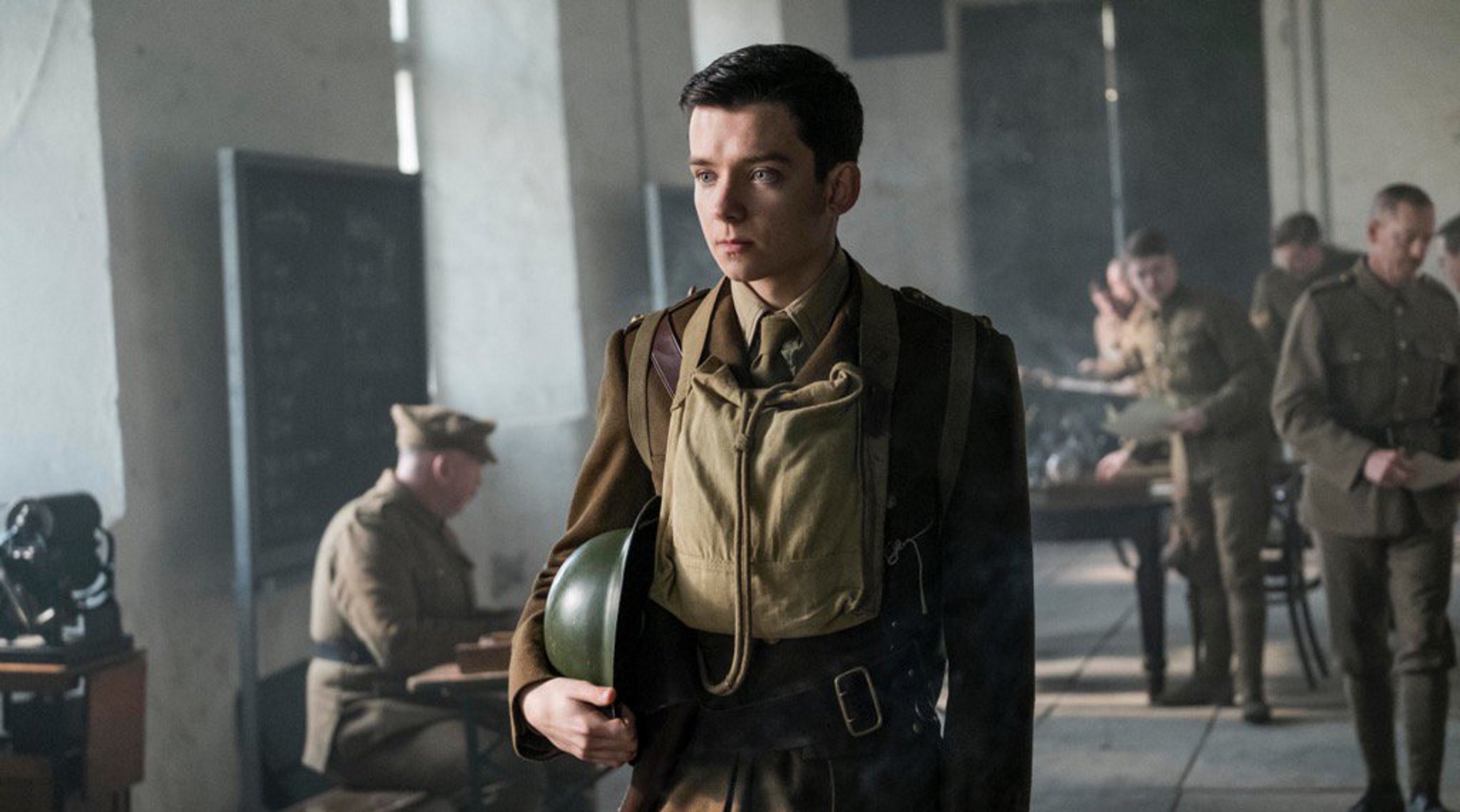GamesRadar+ Verdict
Claflin and Bettany stand out among an impressive ensemble in a harrowing, powerful WW1 drama well worth enduring.
Why you can trust GamesRadar+
As well as being an English Lit syllabus staple for decades, R.C. Sherriff’s classic 1928 play Journey’s End has been adapted several times for film, TV and the stage. It’s to director Saul Dibb’s (The Duchess, Suite Française) credit, then, that this latest version feels vital and necessary, and still packs one hell of a punch.
Set almost entirely in the trenches of Aisne, northern France, during World War 1, it focuses on a small band of British soldiers who are hunkering down, awaiting their fate. Asa Butterfield’s callow Raleigh is our entry point – he’s the newest recruit to the company, and comes bearing a misplaced sense of optimism and enthusiasm. He finds himself stationed with Captain Stanhope (Sam Claflin), whom he knows from school and a shared family connection, as well as Lieutenant Osborne (Paul Bettany), cook Mason (Toby Jones) and Second Lieutenant Trotter (Stephen Graham).

From the outset, there’s a stomach-churning atmosphere of dread, which is only heightened by the dank, claustrophobic confines. Over tense, terse mealtimes, where meagre portions of rationed food are shared, the men display varying coping mechanisms to survive both the harsh living conditions and the orders from on high that treat them as little more than sacrificial fodder.
Hunger Games and Me Before You actor Claflin has long displayed potential (not least in last year’s Their Finest), but this is his first truly superb performance. Rage and alcohol mask Stanhope’s own fears, as well as his inability to protect his men from the inevitable, and the subversion of Claflin’s boyish good looks offers a sharp reminder of just how young many of the soldiers in WW1 were.
Bettany’s Osborne provides a welcome counterpoint. An avuncular former school master, he’s always on hand with a reassuring word or a gentle smile, and knows just how to distract the younger men as they prepare to go over the top.
With talky scenes in confined spaces, there’s no escaping the film’s theatrical origins. But Dibb judiciously expands the story with a couple of explosive scenes in No Man’s Land. What’s more, the cinematography by Ben Wheatley regular Laurie Rose makes Journey’s End feel worthy of big-screen presentation, when it could have felt like a superior TV special.
In all, it’s a timely reminder of the cost of war, and one likely to leave you burning anew with indignation. Ninety years on, Sheriff’s source material doesn’t need jazzing up to still feel relevant and powerful.

I'm the Editor at Total Film magazine, overseeing the running of the mag, and generally obsessing over all things Nolan, Kubrick and Pixar. Over the past decade I've worked in various roles for TF online and in print, including at GamesRadar+, and you can often hear me nattering on the Inside Total Film podcast. Bucket-list-ticking career highlights have included reporting from the set of Tenet and Avengers: Infinity War, as well as covering Comic-Con, TIFF and the Sundance Film Festival.



